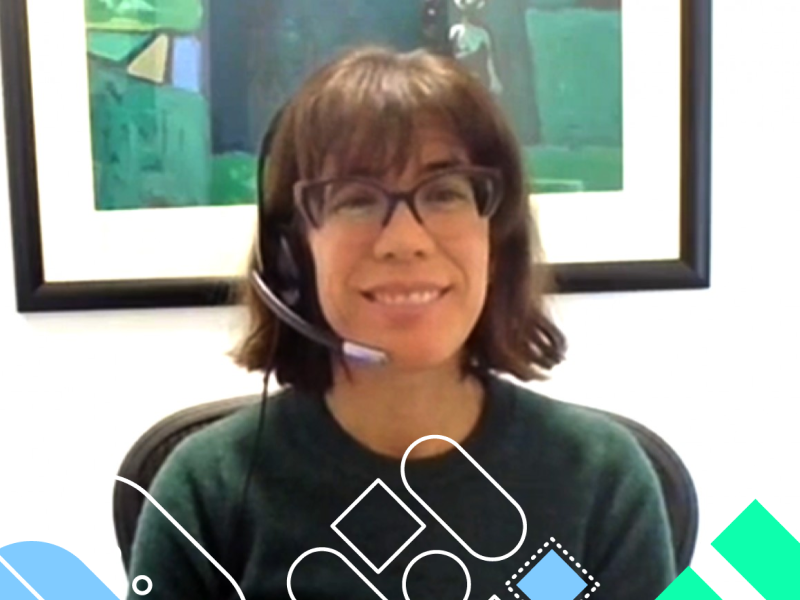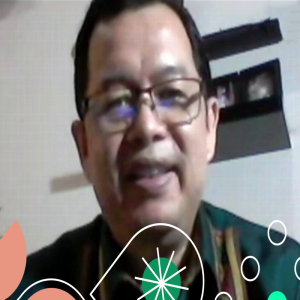Margaret Bearman | Professor, Deakin University
In this video, Professor Margaret Bearman discusses her dual role with Deakin University as a professor, and researcher at the Center for Research in Assessment and Digital Learning (CRADLE). Spanning the intersection of research and practice across postgraduate education, Margaret draws upon her background in health to discuss the unique challenges of digital learning and assessment in the field of clinical education.
Margaret addresses how the more embodied, and skills-based the assessment is, the more difficult it is to digitise. Alongside the limitations - most pronounced in work placements - she also shares some of their successes including the virtual running of ‘OSCEs’ (Objective Structured Clinical Examinations) and how they’ve adapted this series of critical skill stations to fit the online space. She also explores mitigating factors and the degree to which success with online migration is predicated on a pre-existing exposure to in-person learning.
Applying a research lens to arrive at best practice for digital learning and assessment, Margaret makes the distinction between using theory and working with theory to find methods that fit institutional constraints. Drawing from her own research, the ‘Assessment Design Decisions Project’, Margaret links success with assessment innovation as tied to being strategic about stakeholder buy-in.
Finally, Margaret touches on university preparedness for the ‘new normal’ and identifies a need to evolve from the status quo of how to design and deliver assessment, and accommodate new ways of thinking.
To learn more about Margaret Bearman’s work, check out her book ‘Re-imagining University Assessment in a Digital World’, which explores the big question of how assessment can be refreshed and redesigned in an evolving digital landscape.




